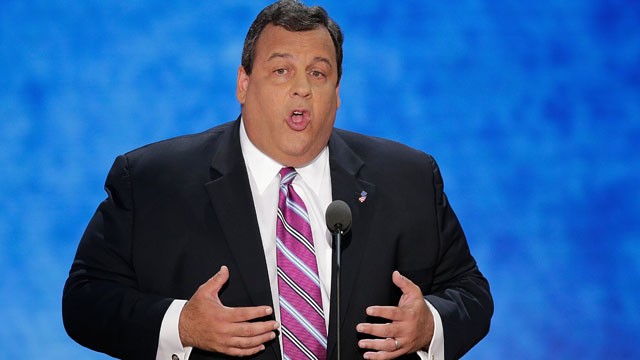The results of a recent study looking at the relationship of obesity and knee replacement costs were released the other day. I know you’ve been waiting for this one.
Obesity is associated with longer hospital stays and higher knee replacement costs in patients, independent of whether or not the patient has an obesity-related disease or condition (comorbidity), according to a new study published in the Journal of Bone and Joint Surgery (JBJS).
This fascinates the bean counters that are increasingly in charge of your healthcare. Can you see the coming “fat” surcharge collected as a tax by the IRS?
Here’s what we learned…
1. Every 5-unit increase in BMI beyond 30 kg/m² was associated with higher hospitalization costs: in 2010 U.S. dollars, approximately $250 to $300 for patients undergoing TKR and $600 to $650 for patients undergoing a revision joint replacement. These estimates persisted after adjusting for comorbidities and complications.
2. Every 5-unit increase in BMI beyond 30 kg/m² was associated with a mean hospital stay that was .11 days longer for patients undergoing primary TKR and .06 days longer for patients undergoing revision TKR. The data was the same for patients with and without comorbidities.
Dr David G Lewallen, orthopedic surgeon at The Mayo Clinic had this to say….
“The bottom line is that obesity is increasingly common among patients undergoing joint replacement, which creates a myriad of technical and medical challenges, and likely contributes to the financial burden of the surgery,”
I found the following rather chilling commentary on this subject from the Journal of Bone and Joint Surgery .
One important question that the authors do not address is: Who pays for the increased costs? Several different groups bear most of the burden: the health-care system (or perhaps society in general), which will see increased costs for earlier revision surgery either for infection or mechanical complications; rehabilitation or skilled nursing facilities, which will see an increased use; and employed family members, who will require more out-of-work days to provide home support.
Although difficult to quantify, hospitals, which often rely on a fixed payment, need extra personnel and equipment to lift and to transport morbidly obese patients. Work-related disability may be affected from the heavy lifting of patients. Finally, surgeons and other providers will be required to provide more care with the same reimbursement. Longer surgical times and complexity are obvious unreimbursed problems. More frequent inpatient and outpatient calls for medical and surgical management issues certainly exist. Relatively poorly reimbursed revision surgery will inevitably be a larger surgical burden. Noticeably absent from the list of who pays are the obese patients themselves.
That last sentence is rather ominous, isn’t it?
According to Stephen J Incavo, MD and Aditya M Derasari, MD, the authors, maybe that fat tax isn’t such a bad idea. After all didn’t obamacare attempt to add a significant penalty for health insurance on smokers this year?
Fat people are not specifically identified as “a burden”, just their financial costs. What about the elderly? Aren’t they a financial burden? Surely premie babies are a financial burden and what about the disabled?
But do we really want to scapegoat fat people?
Of course you might say,”We are not really scapegoating fat people just asking them to pay for their ‘fair share’ or asking them to be responsible for their part of the added costs.”
This would be fine, if responsibility were a concept applied equally across society. The problem is …bean counters and bureaucrats increasingly decide who should be responsible and who gets to freeload.
Targeting groups of “burdens” is the only direction increasingly socialized medicine can proceed….
On the contrary, it is a deep and heavy responsibility. No one believes more firmly than Comrade Napoleon that all animals are equal. He would be only too happy to let you make your decisions for yourselves. But sometimes you might make the wrong decisions, comrades, and then where should we be?
― George Orwell, Animal Farm
What do you think?

